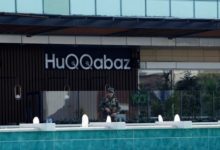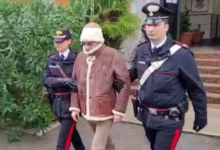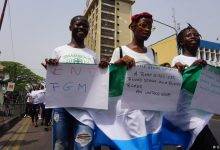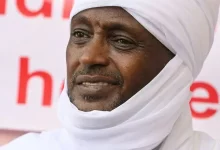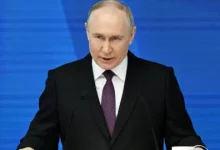South Sudan is still experiencing high levels of violence fueled by cattle raids and inter-ethnic clashes despite cessation of hostilities reached between the warring parties being largely holding.
James Reynolds, head of International Crescent of the Red Cross (ICRC) delegation in South Sudan, said they have witnessed an increase in the number of patients being admitted in their health facilities suffering from gunshot wounds resulting from cattle raiding and rival ethnic clashes overgrazing pastures, land and water.
“We had been seeing quite high numbers of people admitted to the surgical units, ICRC supports in South Sudan not necessarily from conflict between the South Sudan army (SSPDF) and SPLA-in opposition (SPLA-IO),” Reynolds told journalists on Tuesday in Juba.
“We still do see quite high levels of violence in some areas may be linked to cattle raiding, ethnic violence or use of guns in different areas,” he added.
In early September, ICRC revealed that 688 patients suffering gunshot wounds were admitted from October 2018 to June, an increase by 25 per cent from the previous 526 patients treated since October 2017.
It noted also that the number of patients with injuries from violence has increased since the signing of the peace deal in September 2018 in Ethiopia.
“Despite some progress overall, we still see quite some high levels of violence in some parts of the country,” said Reynolds.
He said they have dispatched ICRC medical teams to beef up provision health services in the most affected areas that include Central Equatorial and the northern regions of Upper Nile and Jonglei.
“I think there is a broader picture as to how to reduce the levels of violence overtime in the country. We are aware that the years of conflict have disrupted the health provision system very seriously over many years,” he added.
South Sudan warring parties are currently under intense pressure from the region and international community to form the much-awaited transitional unity government on November 12 deadline amid disagreement between the government and the Sudan People’s Liberation Movement-in opposition (SPLM-IO) led by Riek Machar.
The SPLM-IO is demanding full implementation of the security arrangements, determining the numbers of states and boundaries as pre-condition for joining the unity government, while the government argues these issues can be resolved when the government is formed. -Xinhua

